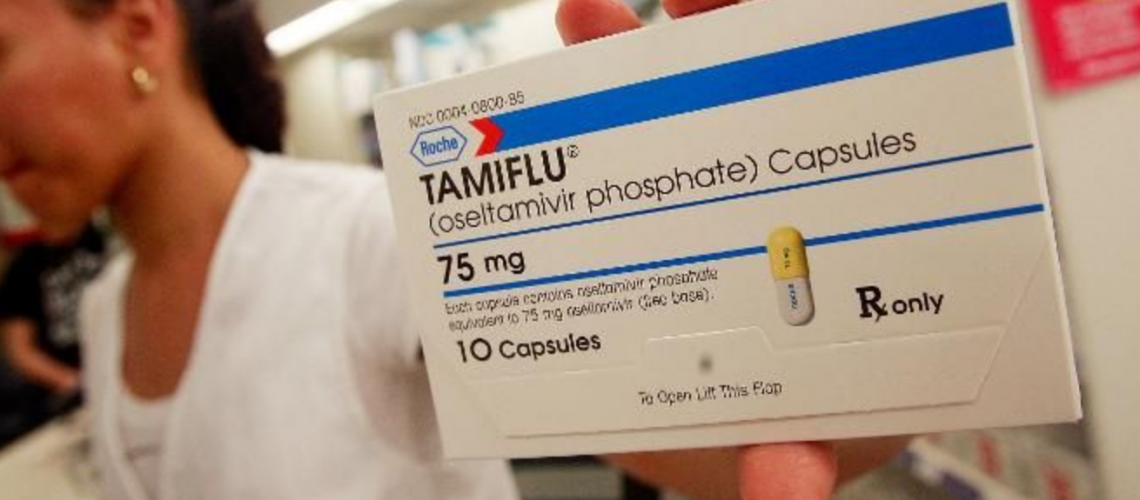The rising cost of pharmaceuticals is a concern for people in all parts of the world, leading to some to forecast the spiraling costs are unsustainable. New technologies may hold the answer for controlling prices, according to GlobalData.
In a new report, analysts GlobalData note that disruptive digital technologies, like artificial intelligence, big data analytics, and blockchain technology, will affect all business sectors. This impact is evident at www.thebitcoinscode.com/es. The impact also extends to the pharmaceutical industry.
The impact will be felt in terms of adding value in the emergent area of personalized treatment (where medicines are tailored for individual patients). Another area will be to counteract the unsustainability of ever-rising medicine prices, says GlobalData, a leading data and analytics company.
Prices of drugs have been rising, for most products, way above the rate of inflation, as noted in Scientific American. Pharmaceutical companies argue that this is necessary in order to recover research and development costs, as well as to provide ‘shareholder value’. Linked to development costs is time-to-market. Here the typical timeline for a drug to transition from discovery to market launch is some 15 years. This ignores the number of false-starts that do not lead to a marketable drug.
The longest-phase of this process is the discovery phase (typically taking five years). This is where artificial intelligence can add value. New AI platforms can delve into big data and identify patterns, and generate algorithms to help with the drug discovery porcess.
Here Dr. Valentina Gburcik, who is the Cardiovascular and Metabolic Disease Director at GlobalData, tells Pharmaceutical Technology magazine: “These programs can help researchers generate more accurate hypotheses faster, making the drug discovery process less expensive and more effective. In addition, the database of electronic medical records and public health data can be analyzed to identify hidden patterns that can lead to a quick identification of potential molecular targets for a disease.”
As well as AI, there is a role for blockchain in disrupting pharmaceutical drug development. Blockchain is a potential platform for sharing electronic health records between various health organizations. This helps to facilitate research and speed up the drug development process.
In addition, blockchain can also assist with strengthening the pharmaceutical supply chain, adding a degree of security, and helping with medical billing, and anonymized patient record transmission.
——————————————————
Photo courtesy of: Digital Journal
Originally Published On: Digital Journal
Follow Medical Coding Pro on Twitter: www.Twitter.com/CodingPro1
Like Us On Facebook: www.Facebook.com/MedicalCodingPro







